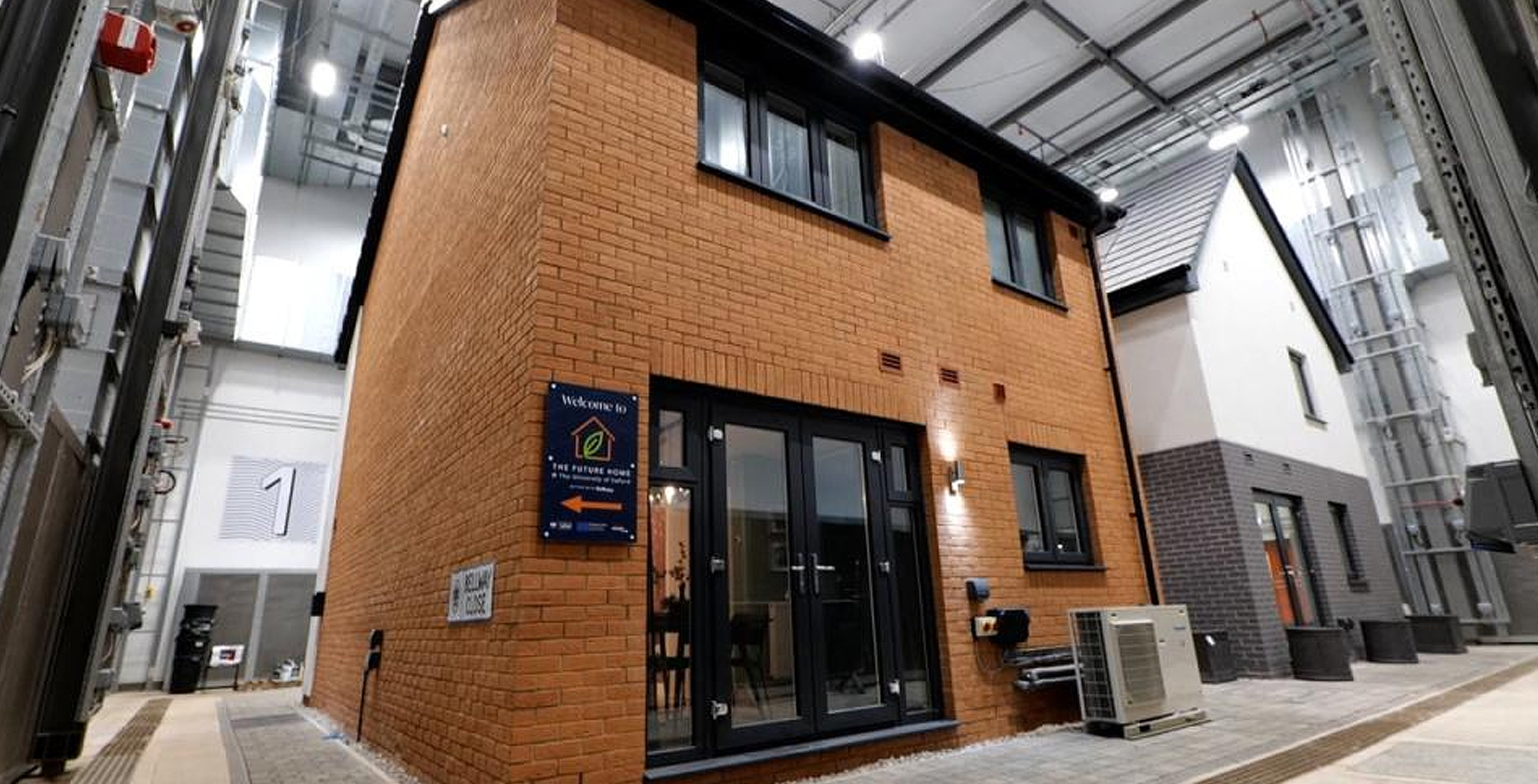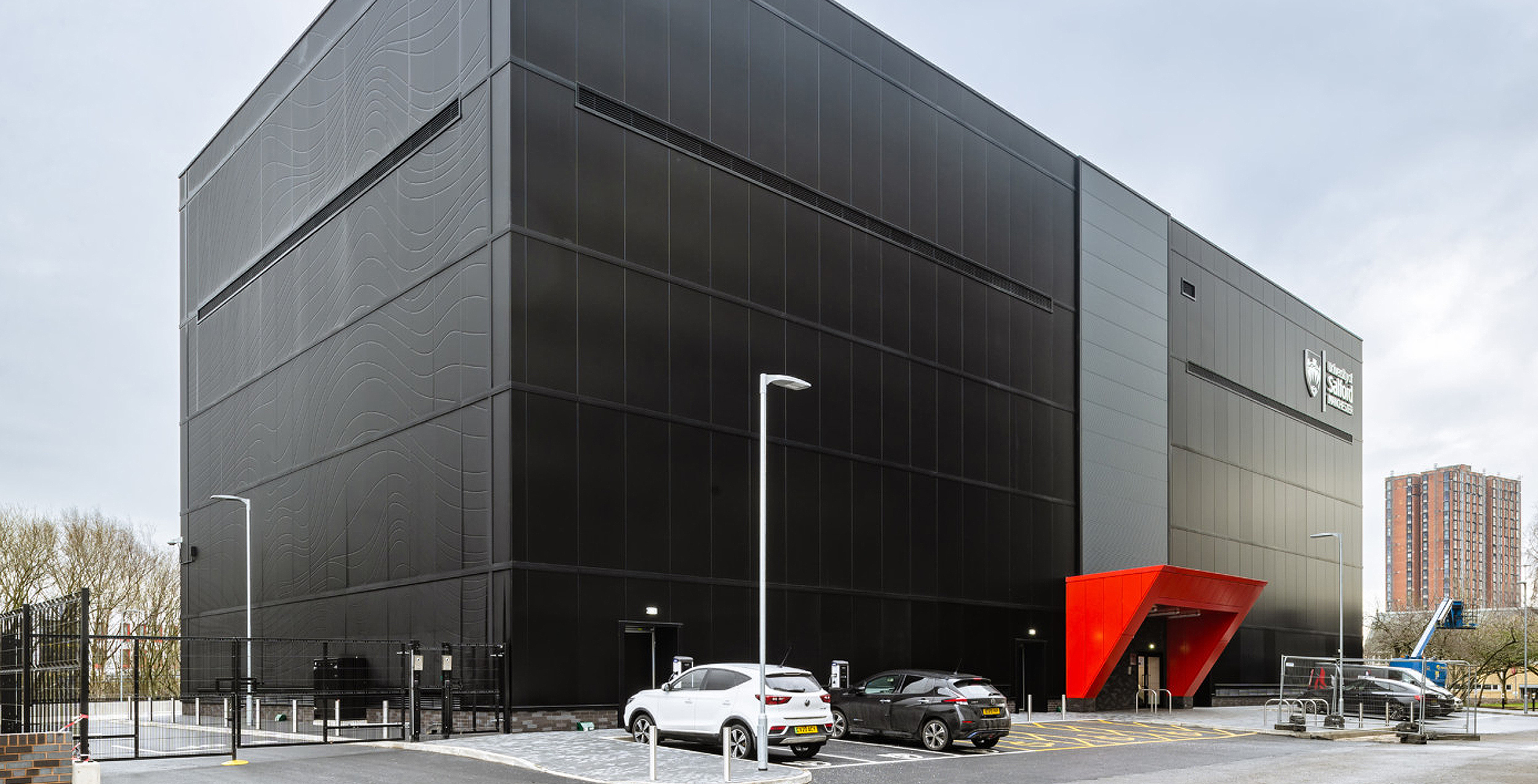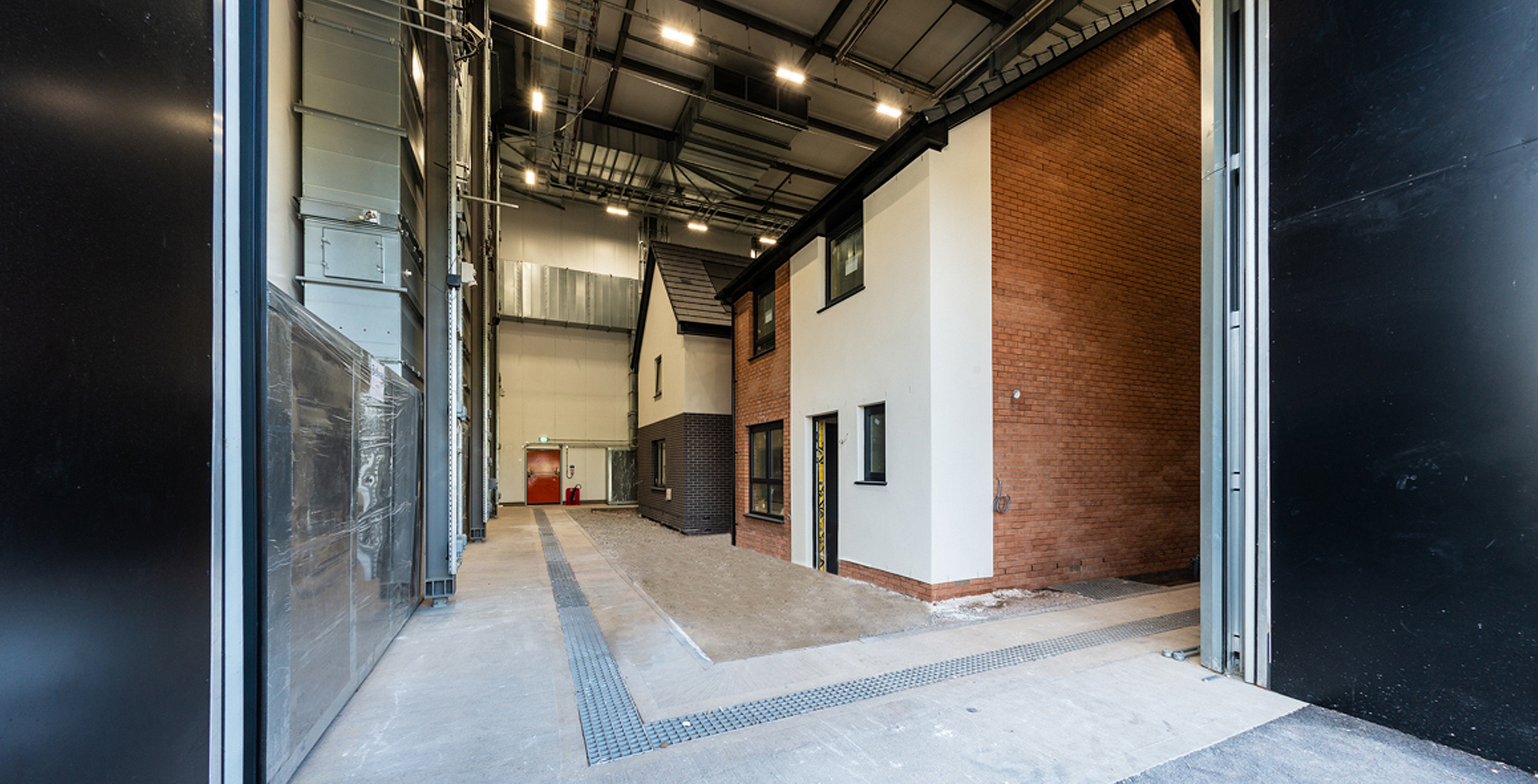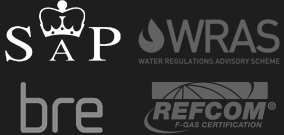- KERS RENEWABLE ENERGY PRODUCTS
- INNOVATIVE LOW CARBON HEAT RECOVERY SYSTEMS
The KersMEV renewable hot water system was selected as one of the low carbon hot water technologies to test following a ‘Dragon’s Den’ style pitching event with businesses with the capabilities and ambitions to contribute towards a greener, cleaner, and lower carbon future for homes.
Kers has been working with Bellway Homes to install its technology in ‘The Future Home’, which is currently being constructed in the facility. Energy House 2.0 is a collaborative project between partners including the University of Salford, Barratt Developments, Bellway Homes, and Saint-Gobain to drive innovation and solutions to address global and domestic energy efficiency challenges. Energy House 2.0 is a unique £16 million research facility, part-funded by the European Regional Development Fund (ERDF), enabling SMEs to innovate and develop low carbon technologies for the built environment.
University Involvement
“It’s fantastic to be working with innovative companies, such as Kers and our project partners, which will help our work with key players in the private sector to drive innovation and solutions that address global and domestic energy efficiency challenges – making a world of difference to our future and our planet.”



At KERS, we’ve been at the heart of energy recovery technology since 2012. Manufacturing innovative energy saving, low carbon hot water and heating products for different industries
KERS Innovation UK Ltd
Unit 1 – Unit 1a
Spring Street Business Park
Saint Mark’s Street
Bolton
BL3 6NR
